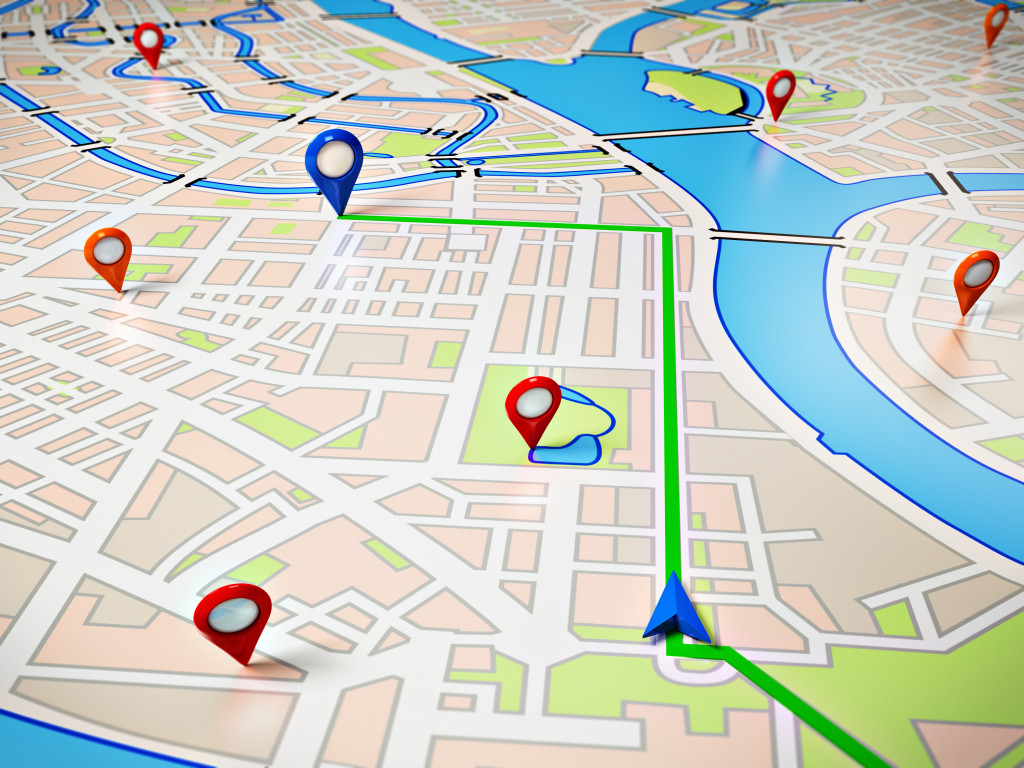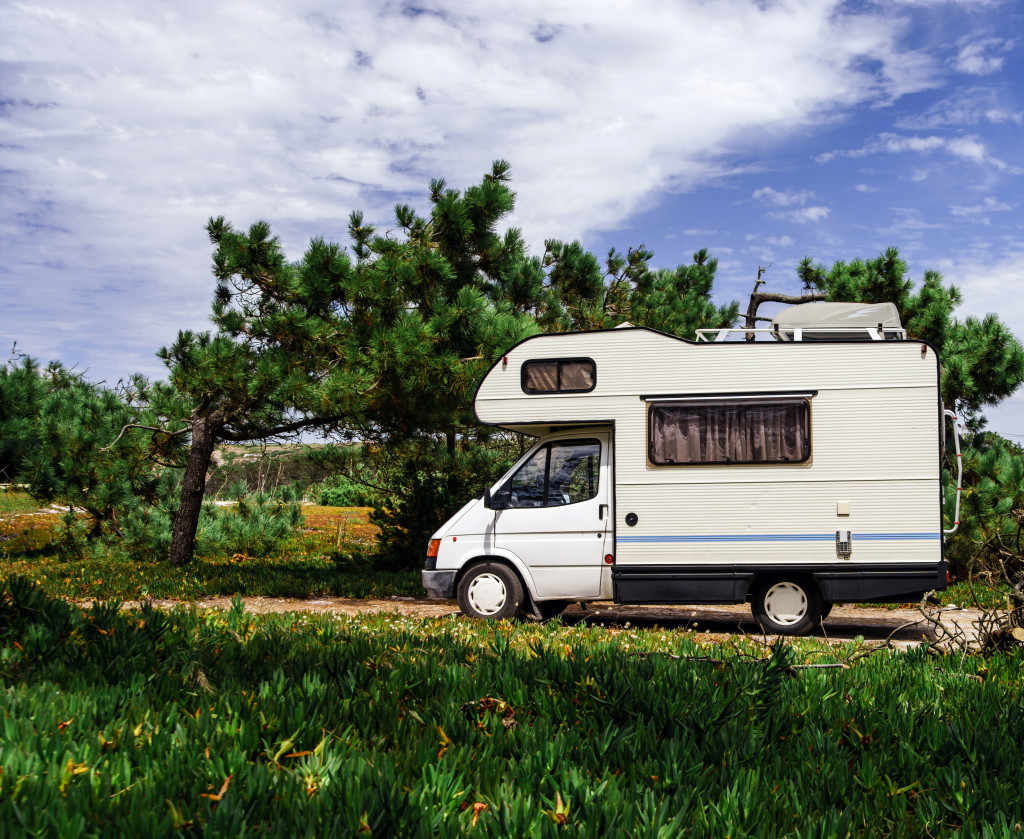Many Americans are now suffering from cabin fever after about a year and a half mostly spent at home and even working from home. If you can snag a vacation, enjoying the great outdoors will be a top option. The Centers for Disease Control and Prevention (CDC) states that it is safe for fully vaccinated people to travel within the U.S.
With the new COVID-19 variants around, though, it is still best to avoid using public transportation such as buses, trains, and planes. The safest way to travel is to drive.
Rent an RV
You can drive any vehicle you have across the country. This will, however, mean that you will have to stay in hotels. If you are wary about the new virus variants despite being fully vaccinated, you can opt to rent a recreational vehicle (RV) instead. There are luxury options that provide all the best amenities including a queen-sized bed, powerful heating or cooling, full working kitchen, refrigerator, dinette, shower, toilet, and even a washer and dryer. You can choose the RV size that works best for you, whether you are traveling alone, as a couple, or as a small family.
To be most flexible, it is best to choose an RV that is completely self-contained. That means that it has ample storage for your water supply that you can top up at certain stops. It must also have built-in tanks for waste and wastewater that you can offload at specified stops. It will also be convenient for you if the RV has its own electrical source such as a generator or solar panels, or a combination of both. With these, you can opt to stay off-grid overnight whenever you want to.
Choose an RV rental company that is scrupulous about deep cleaning and sterilizing its vehicles between rentals, including the sanitation of intake vents and exhaust vents. Check if they install antimicrobial 105G air conditioner filters that are rated MERV-6.
Check that the company does not impose mileage limits per day in the small print. It is also important to ensure that the company provides insurance coverage as well as roadside assistance day and night including weekends and holidays. You must be assured of reliable service wherever you are.
Make sure that the RV undergoes a full tune-up, including car wheel balancing, before your trip. Check the spare tires and emergency troubleshooting tools.
Plan Your Route

You must plan your route months ahead of your trip. This is because you need to make reservations months in advance for your preferred RV campsites or state or national parks in your chosen stops. Better yet, you can avoid the crowded RV campsites and search online for alternatives. For instance, for $99 a year, Harvest Hosts provides its members with an unlimited number of overnight parking at more than 2,740 sites across the country that include wineries, breweries, distilleries, farms, golf courses, botanical gardens, and museums.
Another company, Hipcamp, provides information on 18,400 regional, state, national, and army parks, 31,331 campgrounds, and 363,449 campsites on public and private land available for RV stay.
Research in advance for interesting stops along your route. Go into urban areas to shop for food on weekdays to stay away from crowds. If you crave gourmet cooking, this is the time to order takeout meals that you can later enjoy in the RV, parked amid nature. Take advantage of open-air farmers’ markets for fresh vegetables and fruits.
Choose off-season beaches and lesser-known hiking areas to enjoy the surroundings exclusively. In some state parks and national forests, you are allowed to camp for free usually for a maximum of 14 days, or until your water supply runs out. There is no supply of water or electricity, and you are not allowed to dump your waste and wastewater in these locations. This is why a fully self-contained RV will serve you best. If you choose this option, make sure you have a slot in an accessible full-service campsite for your offloading and water replenishment.
Pandemic Precautions
Do not forget that you are doing a road trip during a pandemic. Keep yourself updated with CDC announcements on Covid hotspots so that you do not drive into one. Make sure you have alternative plans in case one of your chosen stops suddenly becomes a hotspot.
Have a supply of masks and disinfectants. Take these with you when you go out into areas with crowds. Use masks when entering stores and establishments along the way. Shower immediately upon returning to your RV and throw your clothes into the washer. Disinfect everything you brought in from stores and all surfaces in the RV. The best way to enjoy your road trip is to ensure that you remain healthy until your trip home.

